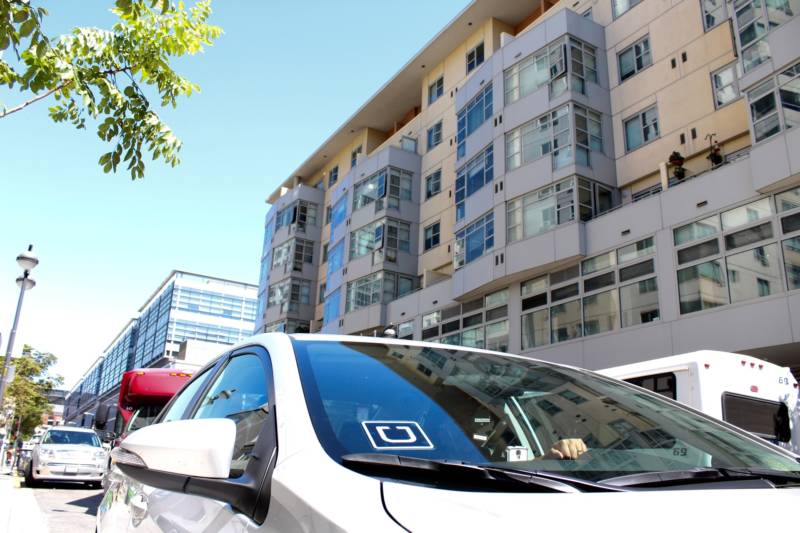"I am disappointed the judge did not approve the settlement, but I understand and I have heard him," Liss-Riordan wrote in an emailed response. "We will have to see what happens next."
Liss-Riordan said Chen agreed with plaintiffs on the majority of objections raised by Uber. Chen noted that numerous Uber drivers continue to criticize the proposed settlement, in and outside his court, and it could potentially impact more than a dozen other lawsuits pending against Uber. The judge noted that just because plaintiffs' attorney agreed with the proposed settlement, that doesn't make it fair.
"[D]eference to the views of counsel must be tempered here where the Settlement Agreement at the eleventh hour folds in new claims and class members at the expense of litigation pending in other courts, while attributing almost no value to those claims, in order to induce Uber to settle," Chen wrote.
The California lawsuit, filed three years ago and later combined with a similar case in Massachusetts, alleged that Uber drivers act as employees and are thus entitled to protections under state labor law. Those include reimbursing employees for expenses, such as gas and wear on their personal vehicle. Drivers may also be entitled to a larger share of tips than they were paid for after Uber advertised that gratuity was included in fares.
The proposed settlement included non-monetary concessions from Uber, including a clarification of its tipping policy, but Chen appears unconvinced that the change would result in more money for drivers.
"While Uber has agreed to 'clarify' its tipping policy to make clear that tips are not included in the fare, it has also actively discouraged tipping, arguing that it is inconsistent with its business model, drivers' interests, and a positive rider experience," Chen wrote. "In other words, Uber may be permitting tipping, but it is also telling riders not to tip, further decreasing the amount of tips that riders are likely to give."
That alleged unfairness aside, Chen noted substantial risks to both drivers and the company in pursuing the case to trial, and wrote that "while at the low end of reasonable recovery, the Court would be inclined ... to find the consideration afforded by the settlement to be adequate," were it not for a release of claims filed under California's Private Attorneys General Act.
The law allows civil actions, like the class-action suit against Uber, to help enforce laws on behalf of the state. Plaintiffs and the state Labor and Workforce Development Agency both estimated the value of claims brought under that law at over $1 billion. Just $1 million of the proposed settlement was slated to address claims brought under the law.
"This $1 billion amount makes up more than half of the total verdict value of the case. Plaintiffs propose settling the PAGA claim for 0.1% of its estimated full worth," Chen wrote. "Given the sweeping consequences of the proposed PAGA waiver, viewed in the context of a relatively modest settlement of the non-PAGA claims, the Settlement Agreement is not as a whole is fair, adequate and reasonable."
Liss-Riordan said that it's routine in California for claims under the Private Attorneys General Act "to be settled for a small fraction of their theoretical value, but here the court decided not to approve the settlement largely because of that reduction."
"It is possible the parties could reach a revised agreement that satisfies the court’s concerns regarding the PAGA claims," she wrote. "But if not, as I’ve said before, I will take the case to trial."
She said if a new settlement can't be reached, it's likely that the class would be reduced from about 380,000 to about 8,000 drivers, and the remaining ones would need to levy individual claims.
"We are prepared to start bringing these claims individually, and more than 1,000 drivers in California have already signed up with us to bring individual claims in arbitration if that becomes necessary," Liss-Riordan wrote. "So other drivers who want to be included would need to contact us."
Read Chen's order below.
